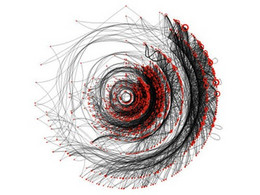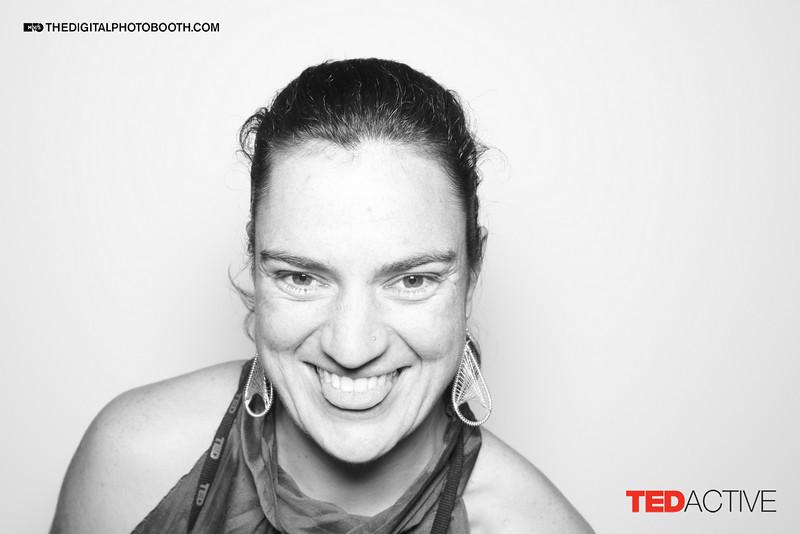"Life is a trade-off between understanding the issue and delivering the goods"
From an earlier TEDxCapeTownSalon Conversation on Food Security, the main identified need was not, as we thought, simple and straight forward (growing urban gardens everywhere). It outlined the following needs, as the full report illustrates:
Engage with Complexity: Researchers need to communicate risks better, rather be slightly wrong but talk to the public, than not talk at all and foster ignorance. Even highly contentious arguments are soon forgotten, but contribute to general education (UCT’s admission policies was used as example)
The need to develop a common language between researchers, NGO’s, decision makers and the wider public (tongue in cheek Leonie Joubert, science journalist, said ‘using words consisting of less than 8 syllables’)
We need to encourage engagement with complex issues, even if this takes a long time. The question is how.
Main outcome from this conversation (and feedback question post-event):
What can you do to engage your friends and colleagues with complex issues in a fun, easy, cooperative way, to create a series of small, positive, informed or lasting changes?
As a case study on how to engage with this, we take the concept of 'urban gardening' a bit further - planting trees. Planting trees is a popular way to offset carbon emissions, but this is not the full story. On the other hand, trying to get the full story and combine that with informed action is possibly just asking too much.
In stead of wondering if we should just be planting trees and making a difference, or try to understand the whole complex story and tick all the boxes ... let's explore how to bring what some consider 'extremes' together, learn from both sides, see what links are missing inbetween, fill these gaps and take informed action that fits with the bigger picture.

